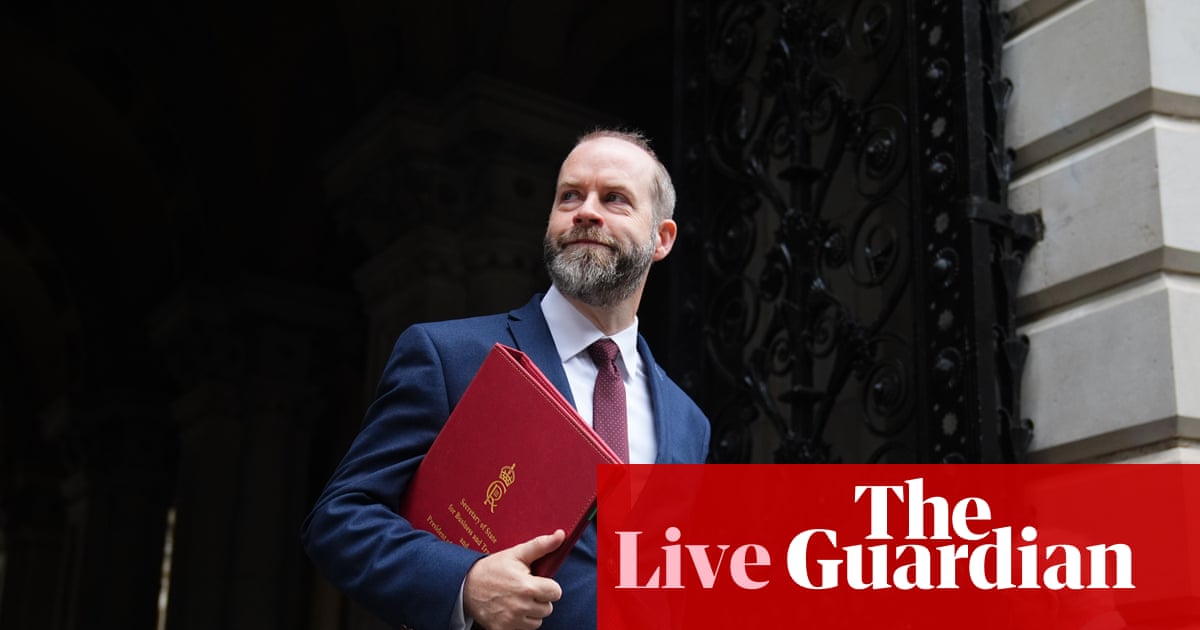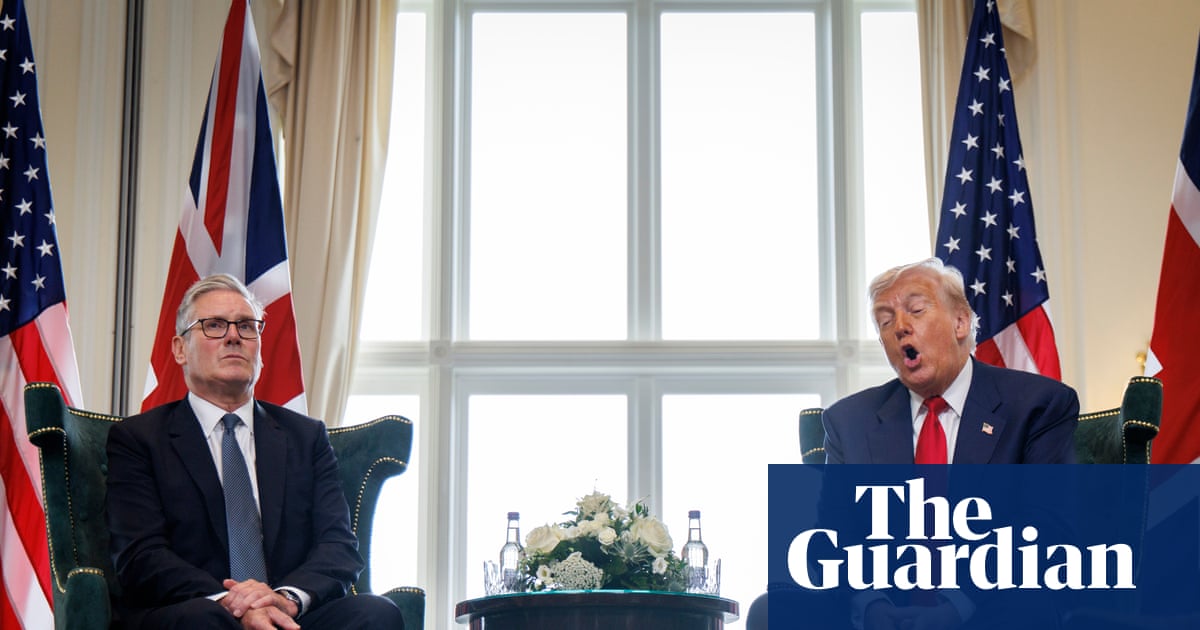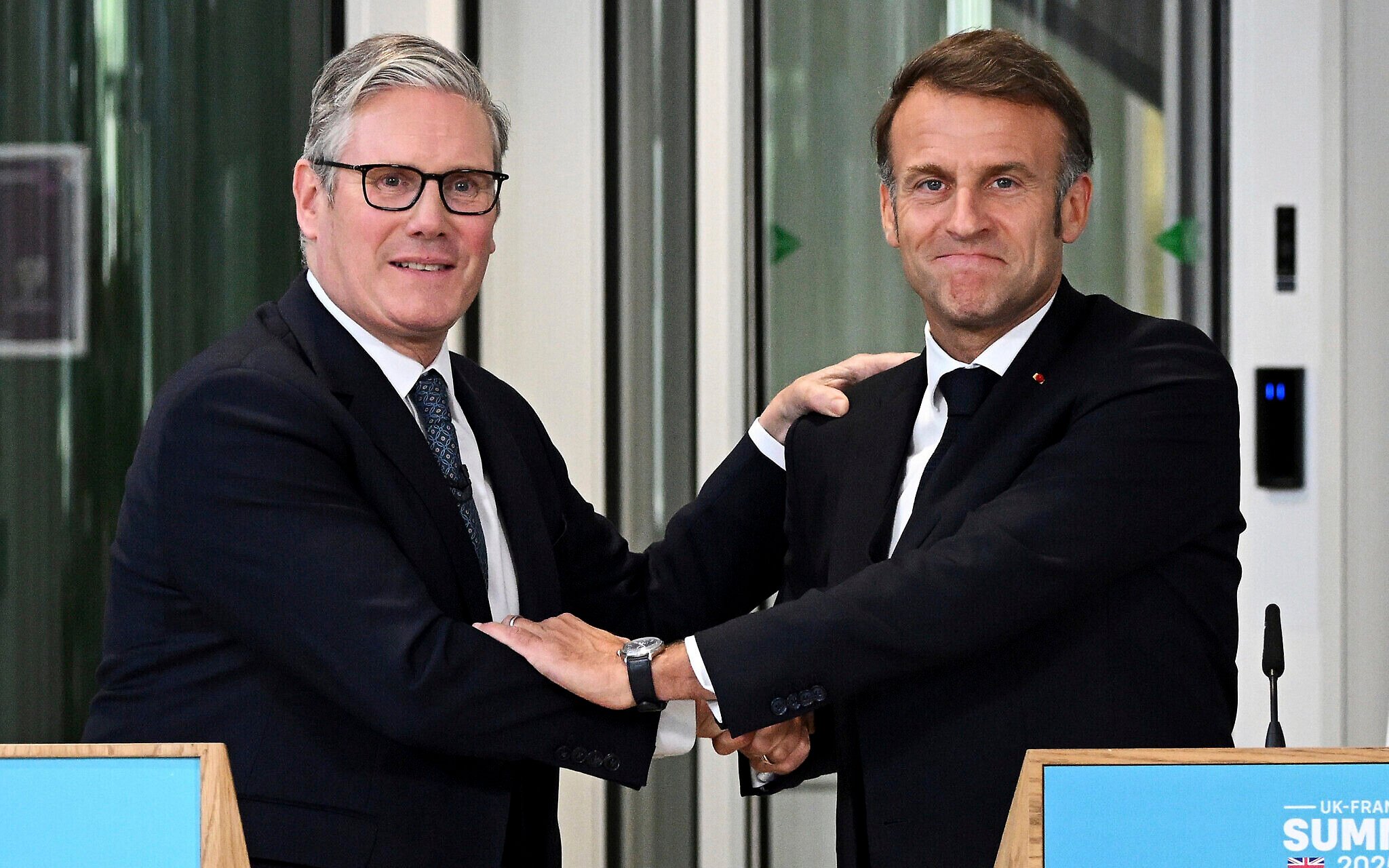T4K3.news
Starmer's promise to recognize Palestinian state faces skepticism
Despite UK Prime Minister's support, many Palestinians doubt its impact on their lives.

The UK Prime Minister's promise to support Palestinian recognition faces doubts from locals.
Skepticism surrounds Starmer's promise to recognize Palestinian state
Keir Starmer, the UK Prime Minister, recently announced a plan to recognize a Palestinian state at the UN General Assembly. Despite this significant move, many Palestinians remain unconvinced, expressing concerns that such actions may lead to little on-the-ground change. Some residents cite ongoing Israeli settlement expansions and violence, questioning the effectiveness of international recognition if Israel continues its current policies. Figures like Kamal Tayea of Taybeh village emphasize that while British support seems encouraging, it does not alter their stagnant reality under occupation. Meanwhile, officials like Husam Zomlot, the head of the Palestinian delegation to the UK, view the recognition as a potential turning point in international efforts to establish a viable Palestinian state. Still, the division in opinions highlights a deep-seated skepticism toward political promises that may lack real impact in their daily lives.
Key Takeaways
"Israel is not compliant with any international resolutions or laws."
Kamal Tayea emphasizes the futility of political support without real change.
"We see the recognition as the starting gun to a sprint towards establishing the state of Palestine."
Husam Zomlot expresses optimism over the potential of the UK's recognition plan.
"Our roots are here. We can't move, even if we die here."
Greek Orthodox priest David Khoury affirms the deep connection Palestinians have to their land.
The mixed reactions to Starmer's announcement underscore a broader tension between diplomatic rhetoric and the harsh realities faced by Palestinians. While international recognition could pave the way for formal statehood, many feel that tangible changes in their conditions depend less on political gestures and more on the immediate cessation of settlement expansions and violence. For Palestinians, the past decades have fostered a profound distrust in promises made by foreign governments, especially given Israel's unapologetic stance on occupation. The sentiment expressed by residents, particularly that it might be too late for their circumstances to improve, reflects a long history of disappointment that shadows new political initiatives. As discussions on statehood evolve, the real challenge remains ensuring that these movements translate into genuine changes in the lives of those most affected.
Highlights
- Recognition is only as strong as the actions that follow.
- Promises without follow-through mean little in times of crisis.
- We are here since Jesus Christ, 2,000 years. Our roots are here.
- Thank you Britain. But it's too late.
Concerns over political promises and settlement expansion
The ongoing expansion of Israeli settlements raises doubts about the effectiveness of international recognition efforts for Palestine. Many Palestinians feel that without genuine actions towards ending occupation, promises made by leaders are unlikely to result in real change on the ground. This skepticism highlights the complex political landscape surrounding the region.
As negotiations continue, the question remains whether international gestures can lead to real change in the lives of Palestinians.
Enjoyed this? Let your friends know!
Related News

Netanyahu criticizes Starmer for Palestinian statehood vow

UK government commits to recognizing Palestinian state

Starmer aims to recognize Palestinian state at UN

UK's Starmer faces legal scrutiny over Palestine recognition

France announces recognition of Palestinian state

Starmer's Gaza approach faces backlash

Trump acknowledges starvation in Gaza

UK moves closer to recognizing Palestine in response to Gaza crisis
